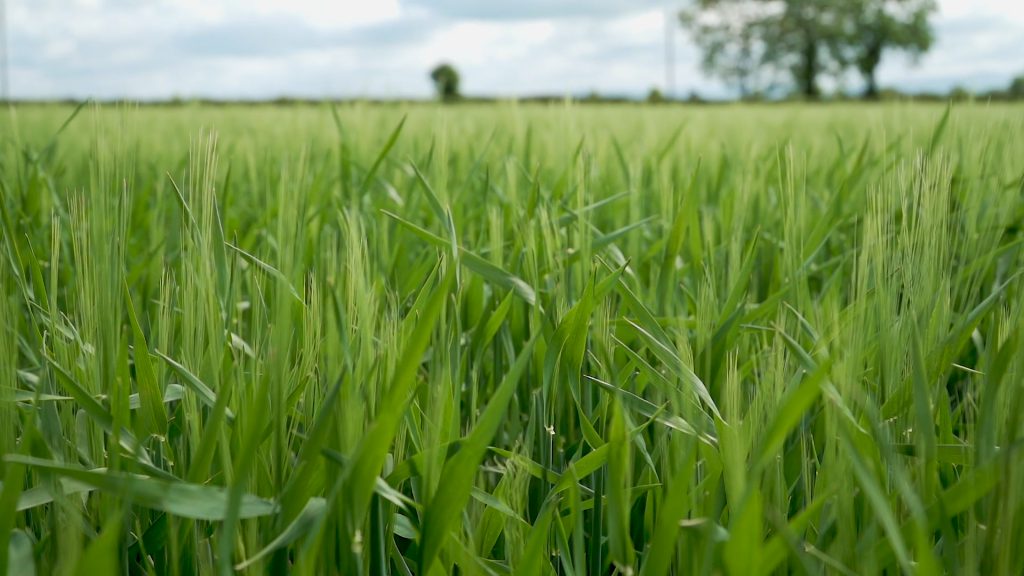Farmers and growers have become dependent on pesticides and herbicides, principally those based on glyphosate, but there are alternatives according to the Belgium-headquartered Pesticide Action Network (PAN).
A new report launched today (Thursday, March 9) by PAN Europe, in collaboration with the European Greens, suggests that “much safer non-chemical alternatives exist” for all known major uses of glyphosate-based herbicides.
The report highlights problems created by glyphosate-based herbicides within agriculture and sets out alternative crop management options.
The report, Weed management – alternatives to the use of glyphosate, also sets out the adverse impact of pesticide use on “human rights, human health and the environment”.
The report’s findings and conclusions have been welcomed by Sarah Wiener, Austrian Green MEP and rapporteur for the environment committee and MEP Benoit Biteau, vice-chair of the parliament’s agriculture and rural development committee.
Both spoke at the press conference to mark the launch of the new document and were joined by PAN’s editor-in-chief, Gergely Simon.
Glyphosate-based herbicides
During the press conference it was highlighted that the EU authorisation renewal of glyphosate is fast approaching. In 2017, it was renewed for a further five years due to public concern and doubts about its safety.
The authorisation was extended by the EU Commission for one year to gather evidence of ecotoxicological impacts.

Both politicians today argued for a complete ban on the future use of glyphosate-based herbicides.
They contended that alternative crop management techniques, not reliant on the use of pesticides, can guarantee future food security in ways that are in total harmony with the environment.
The politicians said these included the introduction of more effective rotations, the use of intercropping, the application of mulches and a great reliance on mechanical weeding systems, many of which are now computer controlled.
On the specific issue of weed control, Wiener said that only 20% of these plants need to be removed from within a cropping system.
She stated:
“The remainder do not create any problems at all for our food-producing. In fact, they play a critically important role in providing pollen for bees and an important food source for many other species of insect.”
Biteau said that the Common Agricultural Policy (CAP) must be fundamentally changed to reflect the importance of farming methods that are not dependent on the applications of chemicals.
“We must learn from the organic farming sector,” he said.
“For the past 70 years, farmers committed to this form of production agriculture have shown that it is possible to produce food in ways that work with nature a very fundamental level.”
According to Biteau, the CAP should strongly reflect the principles associated with that of integrated pest management (IPM).
“Taking this approach will ensure that the use of herbicides and other pesticides will be kept to an absolute minimum,” he stressed.
PAN’s Gergely Simon also indicated that glyphosate-based herbicides are applied with carrier chemicals, all of which, he said, are extremely toxic.
He said metabolites produced by the breakdown of glyphosate are also extremely poisonous, even at very dilute solutions in water courses.
